For the past few weeks I have been working my way through Decca’s gigantic set of every note Mozart wrote and quite a few that he probably didn’t — 220 CDs in a monumental hernia-inducing box. Chronological listening is not recommended. Mozart was technically a phenomenon, of course, but he didn’t reach maturity of expression, with one or two extraordinary exceptions, until he was in his early twenties. La finta giardiniera (or Die Gärtnerin aus Liebe, in the composer’s singspiel version — both are included in the Decca set) was written when he was 18, by which time he was exceptionally fluent in composition. Uncut it lasts three and a half hours — why do people always go on about how long Wagner’s operas are?
The plot is characteristic of the Italianate opera of its time: Don Anchise, mayor of Lagonero, is in love with the Marchioness Violante Onesti, who is disguised as Sandrina, the gardener of the title, who in turn is in love with Count Belfiore, who was in love with Violante but is now in love with Arminda, who was formerly in love with Cavaliere Ramiro, and who he formerly loved, while Serpetta, Anchise’s servant, and in love with him, is the object of the unrequited passion of Roberto, who pretends to be her servant under the name of Nardo. Is that clear?
It doesn’t much matter if it isn’t, since the plot is the last thing that matters here, as indeed is the case in many of Handel’s operas, or, for that matter, in many of Haydn’s or Rossini’s or Donizetti’s. Not only does the plot not matter, but neither do the characters — one follows from the other. Mozart, at this stage, had not developed the passionate interest in individuals that makes the music he gives everyone in his later operas so vivid and memorable and moving. His main interest, more in this opera than in his other operas before Idomeneo, is in showing off his own admittedly phenomenal gifts. The Overture bursts with vigour and contrast, the arias, taken one by one, are charming; only the finales, apart from that to Act One, are surprisingly brief and, in Act Three, even perfunctory, as if the composer had got as bored showing off as the audience must have been hearing him.
In one way La finta giardiniera is an ideal vehicle for the Royal College of Music, since not only does it have so many characters with more or less equal opportunities, but also the singers have a chance to display their voices in several different moods. The RCM has borrowed its production from the 2013 Buxton Festival with modifications. It is set — one takes it for granted — now and on Long Island, which makes a nonsense of the relationships, but who cares? The sets are cute enough, and so are the costumes. And apart from some inappropriate clothes, no one attempts to wear a disguise, which is a strong further reason for ignoring the plot. It is charming to look at, a rare quality in contemporary productions.
The conductor is Michael Rosewell, so a stylish and assured musical account is guaranteed. I have heard Rosewell conduct so many operas now, and in widely differing idioms, and with orchestras and casts ranging from students to seasoned professionals, that I am amazed that he remains so little recognised. I saw the second cast, which I can’t believe is in any respect inferior to the first.
Since I began attending performances at the RCM, the Royal Academy of Music and the Guildhall School, I have seen and heard so many young singers who I was certain would go on to big careers that I feel depressed at seeing seven excellent artists — it would be invidious to mention individual names — most of whom will never be stars. I often wonder where they go and what they do. I would particularly love to see this lot in Figaro, where they would have the chance, in the greatest of all operas, to show that they can inhabit characters and bring them to life through their singing and acting, the only serious test of an opera singer. I would be happy if Figaro were the only opera which the schools mounted — it tests everything. As it is, I am pleased to have seen La finta giardiniera in the flesh once, having previously encountered it only on record and DVD, and even happier that I shall never see or hear it again.
Got something to add? Join the discussion and comment below.
Get 10 issues for just $10
Subscribe to The Spectator Australia today for the next 10 magazine issues, plus full online access, for just $10.

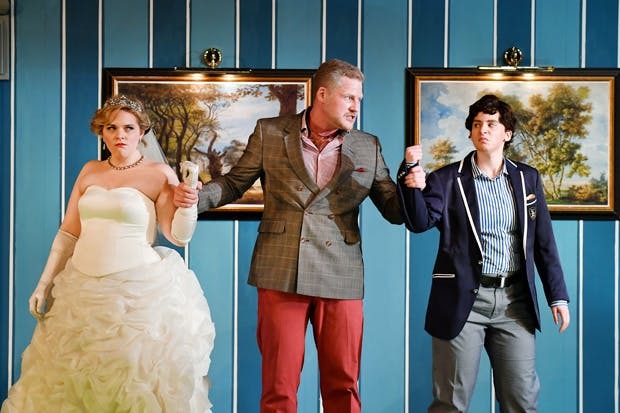

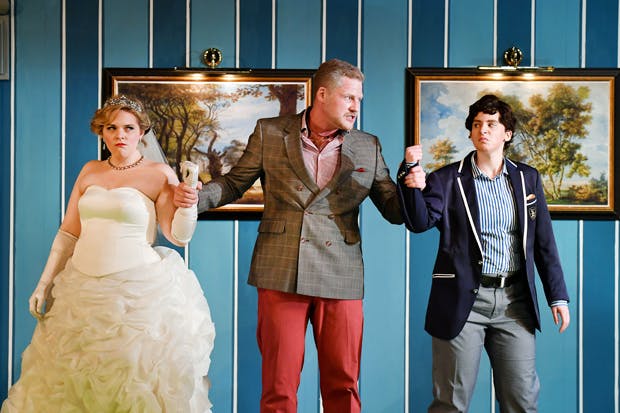

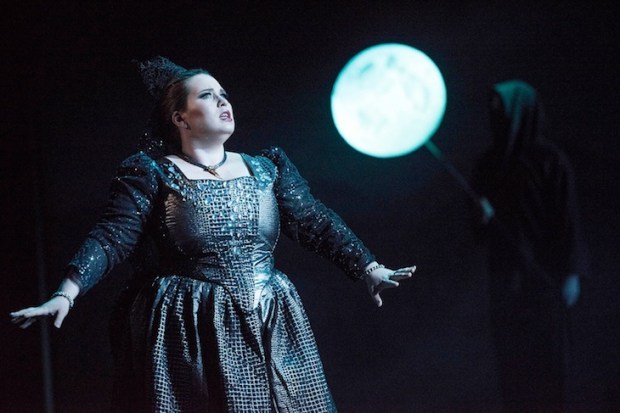
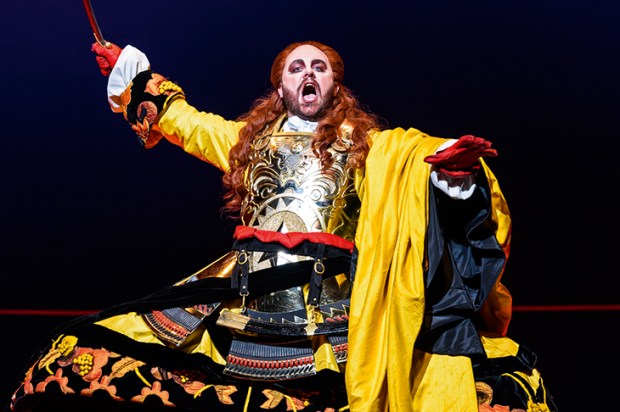
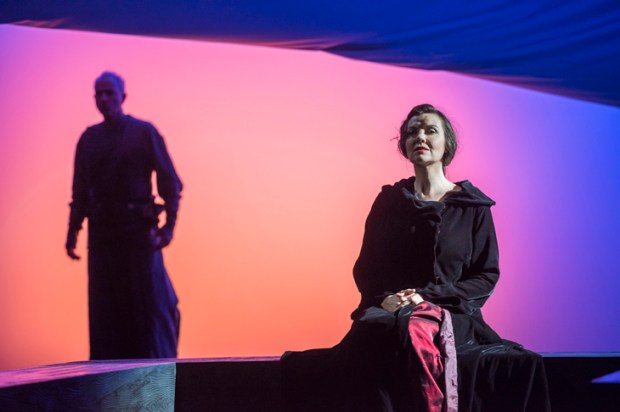






Comments
Don't miss out
Join the conversation with other Spectator Australia readers. Subscribe to leave a comment.
SUBSCRIBEAlready a subscriber? Log in